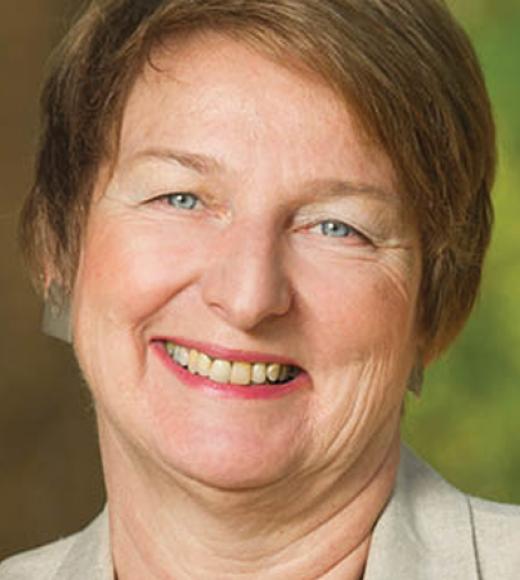Joanna Regulska
- Vice Provost and Dean of Global Affairs
Abstract
In this project, I argue that IDPs use memory, acts of ‘re-membering’, in order to attain and maintain a state of mobility. They use their memories to do two things: to re-create past ties to a place, and to create new ties to current places. Here displacement does not de-territorialize, but rather produces a process of re-territorialization. Hence, analyzing mobilities also requires an examination of moorings, the places that enable mobility. For the displaced, their places of displacement enable both symbolic mobility and place-making practices that serve to reproduce their identities as IDPs and their connections to 'home'. In this paper, I explore the relationship between memory and place-making (a practice of building ties with a place). I focus on the agency of displaced persons as they act to overcome the experience of dis-placement and retain or regain the symbolic ties to home and homeland through their memories.
Registration is now closed.
 Joanna Regulska
Joanna Regulska
Vice Provost and Associate Chancellor, Global Affairs
Joanna Regulska is a professor of Gender, Sexuality, and Women’s Studies, and serves as vice provost and associate chancellor, Global Affairs at the University of California, Davis. Her research concentrates on women’s agency, (dis)placement, political activism, grassroots mobilization, and the construction of political spaces by women within the context of regime change and post-conflict environment. Her recent collaborative, multi-year NSF funded research examined everyday practices and livelihood strategies of Internally Displaced Persons (IDPs) in Georgia. She is especially interested in understanding how women engage in transformative practices as political subjects and agents of social change under flexible and ever-changing conditions where instability and unpredictability become a norm. Her work has also focused on gender dimensions of European integration and on the eastern enlargement of the European Union.